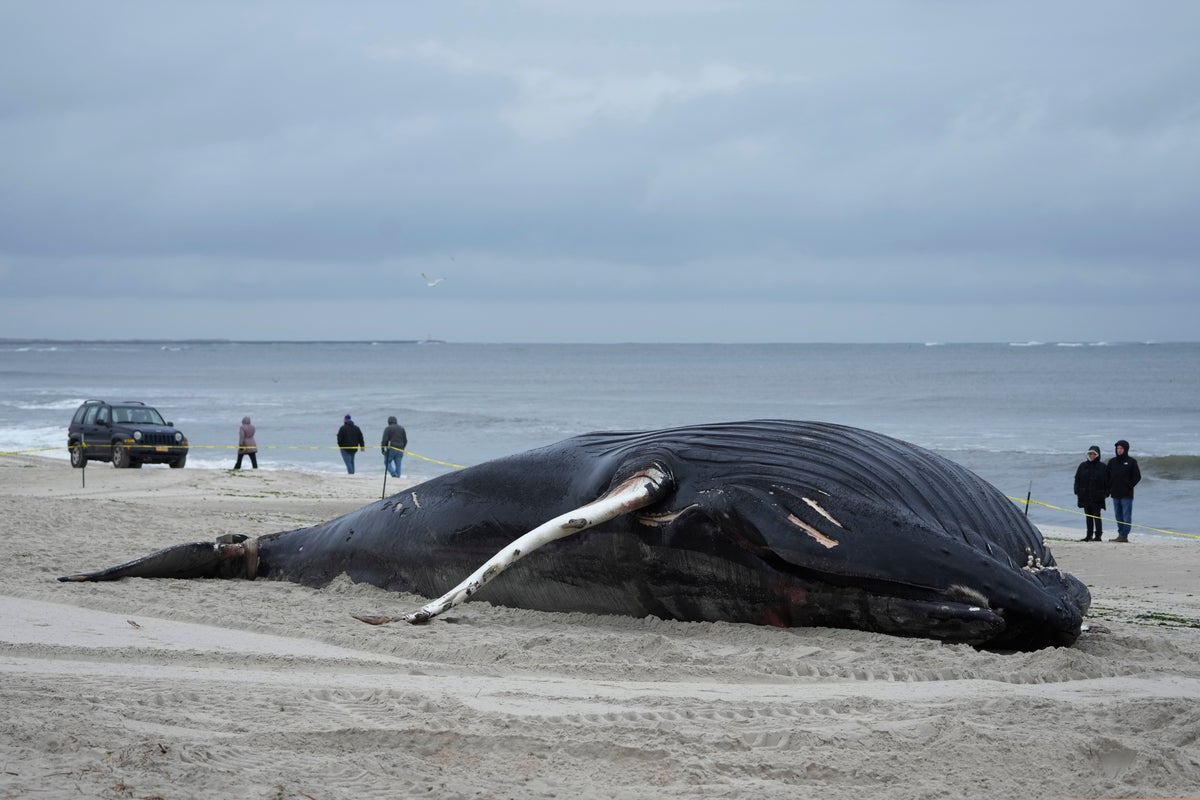The top charge of dwelling in Canada has been specifically juiceless on low-income families, with inflation emerging sooner than wages. In consequence, the space between the “haves” and “have-nots” continues to develop, with the ones on the decrease finish of the revenue spectrum suffering to construct ends meet. Consistent with Statistics Canada, the price of unsophisticated prerequisites reminiscent of meals, housing, and transportation have all larger over the year 12 months, presen wages have remained stagnant. This has left many Canadians not able to store up with the emerging charge of dwelling, prominent to an build up in poverty ranges. This has had a specifically harsh impact on kids, unmarried mum or dad families, Indigenous family, and senior electorate, all of whom were left at the back of within the face of top inflation.
OTTAWA – Inflation has sapped the buying energy of many Canadians, however the enjoy of abruptly emerging costs has been a ways from uniform.
Occasion the inflation charge presentations how temporarily costs are emerging, alternative elements reminiscent of revenue and intake patterns can construct it more difficult or more straightforward for family to trade in with.
Right here’s a take a look at how top inflation is at the moment, who’s feeling the pinch, and when Canadians can be expecting inflation to pleasure.
How top is the inflation?
Next 8.1 p.c in the summertime, Canada’s annual inflation charge has slowed noticeably in contemporary months. In December, the yearly inflation charge was once 6.3 p.c.
Occasion nonetheless a lot upper than the Storehouse of Canada’s 2 p.c goal, contemporary per month developments recommend inflation is nearing goal.
However at the same time as inflation slows, meals costs particularly were a ache level for lots of Canadians. In December, meals costs had been 11 p.c upper than a 12 months in the past.
Have wages stored era with the price of dwelling?
Wages are emerging however have now not stored era with inflation. In December, reasonable hourly wages larger via 5.1 p.c in comparison to the former 12 months.
Brendan Bernard, a senior economist at hiring website online Certainly, says Canadians’ actual wages (the quantity earned later accounting for inflation) have fallen via about 1 p.c on reasonable over this era.
However some have not hidden their wages arise greater than others, making it more straightforward for many who have gained a lift to deal with the emerging charge of dwelling.
Trevor Tombe, an economics schoolmaster on the College of Calgary, mentioned employees who landed a unused process or took up a role alternative with their employer are more likely to have not hidden a bigger pay arise than others.
Staff can not at all times negotiate wages to replicate will increase in the price of dwelling. For instance, unionized employees negotiate contracts at mounted occasions.
“It may take some time for the current surge in inflation to be offset by higher wages for individuals,” Tombe mentioned.
Who has been accident toughest via inflation?
Occasion maximum Canadians have most likely skilled sticky label trauma on the grocery gather or in different places, now not everyone seems to be similarly hectic.
“Inflation is not just a single, homogeneous experience that everyone goes through,” Tombe mentioned.
Relying on what family purchase, the quantity they wish to maintain their intake ranges and way of life may also be upper or not up to the headline inflation charge.
Tombe mentioned households with kids are specifically juiceless accident via inflation as a result of a bigger a part of their finances is spent on meals and gasoline, two divisions that experience not hidden genius worth will increase. Consistent with his calculations in keeping with October 2022, a society with kids spent about $65 extra in line with past on reasonable than one with out kids.
“Price increases will weigh more heavily on lower-income households because they save less than higher-income households,” he mentioned.
With a smaller financial savings buffer, lower-income Canadians to find it more difficult to satisfy the prices of emerging expenses. In the meantime, upper earners can soak up alternative prices via lowering their financial savings.
Statistics Canada information display that reasonable web family financial savings have fallen throughout all revenue brackets. However the pattern is extra alarming for families within the base 40 p.c as a result of they generally tend to spend greater than they earn in revenue.
For instance, within the 3rd quarter of 2022, families within the base 20 p.c of earners spent about $7,400 greater than they earned. Within the 3rd quarter of 2021 it was once $6,550.
In the meantime, the manage 20% stored, on reasonable, about $14,200 in Q3 2022, in comparison to $16,900.
How a ways have the Canadians fallen at the back of?
With costs emerging on the quickest era in many years and the federal Liberals within the scorching seat on cost-of-living problems, inflation has featured prominently within the Area of Commons.
Federal Conservatives have specifically excited by affordability, urging the federal government to rein in spending.
“Canadians are worse off than ever,” Conservative MP and monetary critic Jasraj Singh Hallan mentioned Jan. 31.
Fresh polls recommend that Conservatives are in truth tapping into many Canadians’ emotions in regards to the condition of the financial system.
However the contemporary surge in inflation hasn’t driven Canadians again so far as some may suppose.
Consistent with Tombe, buying energy has dropped to 2019 ranges, that means a greenback should buy an identical quantity of products and services and products these days as a greenback may purchase in 2019.
“It’s certainly wrong that Canadians have never been worse off,” mentioned Tombe.
“Inflation has only turned the clock back a few years in terms of the average purchasing power of people’s wages.”
How do Canadians say they’re doing?
A unused ballot presentations maximum Canadians really feel their monetary status is set the similar because it was once a 12 months in the past.
Consistent with a Leger survey commissioned via the Affiliation for Canadians Research, 34 p.c of Canadian families say their monetary status has worsened within the year 12 months.
In the meantime, 58 p.c of respondents say their monetary status has remained fairly unchanged and 9 p.c say it has stepped forward.
Then again, the proportion of Canadians who say they’re worse off is upper amongst low-income earners.
Consistent with the survey, 42 p.c of the ones incomes not up to $40,000 say their family’s total monetary status is worse.
The web survey was once finished via 1,554 Canadians between January 23 and 25 and can’t be matter to a margin of error as a result of on-line surveys aren’t regarded as true random samples.
When will inflation travel down?
Barring any surprising international occasions, maximum economists be expecting inflation to sluggish additional this 12 months.
The Storehouse of Canada forecasts that the yearly inflation charge will succeed in 3 p.c via mid-year and fall again to two p.c in 2024.
Tombe mentioned inflation nonetheless seems to be top as the velocity is calculated on an annual foundation.
The hot fall in costs, attributed to decrease power costs and loosening of provide chains, is perhaps mirrored in the yearly inflation charge within the coming months.
“The worst may be behind us,” mentioned Tombe.
This record from The Canadian Press was once first printed on February 8, 2023.
Nojoud Al Mallees, The Canadian Press
Don’t miss interesting posts on Famousbio










